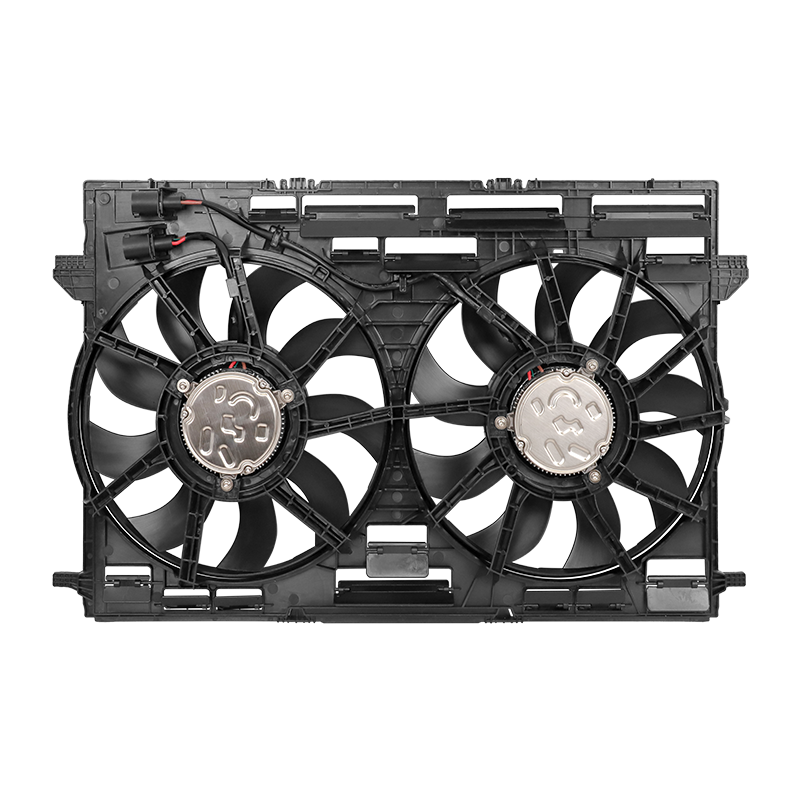2024-11-20
Automotive HVAC systems play a crucial role in enhancing passenger comfort by maintaining optimal cabin conditions regardless of external weather or driving conditions. Below are the key advantages of HVAC system components in improving passenger comfort:
Automotive HVAC systems enable precise temperature regulation inside the cabin. With features like dual-zone or multi-zone climate control, different passengers can enjoy personalized temperature settings. Advanced sensors continuously monitor cabin and external temperatures to adjust the heating or cooling output, ensuring consistent comfort during long drives or extreme weather.
Proper humidity levels are essential for a comfortable cabin environment. HVAC systems with dehumidification capabilities prevent excessive moisture, reducing window fogging and ensuring clear visibility. Additionally, these systems maintain an ideal humidity level to avoid dryness, making long journeys more pleasant for passengers.
Modern HVAC systems are equipped with advanced air filtration technologies, such as HEPA filters and activated carbon filters. These filters effectively remove dust, pollen, smoke, and PM2.5 particles, ensuring clean air circulation. Some systems also include ionizers or UV sterilization to neutralize harmful microorganisms, promoting a healthier and more enjoyable environment for passengers.

Automotive HVAC systems provide rapid heating or cooling to adjust the cabin temperature after starting the vehicle. This is particularly beneficial in extreme weather conditions, such as cold winter mornings or hot summer afternoons. The ability to quickly achieve a comfortable temperature enhances the passenger experience and reduces discomfort.
Well-designed HVAC systems minimize operational noise, ensuring a quiet and peaceful cabin environment. Silent compressors, optimized airflow designs, and vibration-dampening technologies contribute to reducing noise levels, allowing passengers to relax or enjoy conversations without disturbances.
In vehicles equipped with multi-zone climate control, passengers in different seats can set individual temperature and airflow preferences. This is especially useful in family vehicles, where occupants may have varying comfort requirements, creating a more inclusive and satisfying experience for everyone.
Many modern HVAC systems offer pre-conditioning features, allowing the cabin to be heated or cooled remotely before passengers enter the vehicle. This function is particularly useful in extreme climates, ensuring that passengers step into a comfortable environment from the moment they board.
Automotive HVAC systems often integrate with vehicle infotainment and navigation systems, enabling passengers to control climate settings via touchscreens or voice commands. This seamless integration not only enhances ease of use but also reduces distractions for the driver, contributing to overall comfort and safety.
Some HVAC systems include odor-eliminating features and allergen filters to provide a fresh-smelling cabin environment. These components are particularly beneficial for passengers with allergies or sensitivities, ensuring a pleasant and irritation-free journey.
In regions with extreme temperatures, HVAC systems ensure that the cabin remains comfortable by overcoming harsh external conditions. Advanced materials and efficient cooling/heating mechanisms help maintain passenger comfort even in demanding environments, such as deserts or snow-covered areas.
Automotive HVAC system components significantly enhance passenger comfort by delivering precise temperature control, clean air, and rapid climate adjustments. Through advanced technologies like air filtration, zonal climate control, and pre-conditioning, these systems cater to individual preferences and improve the overall travel experience. As automotive technology evolves, HVAC systems continue to play an essential role in making journeys more enjoyable and stress-free for passengers.